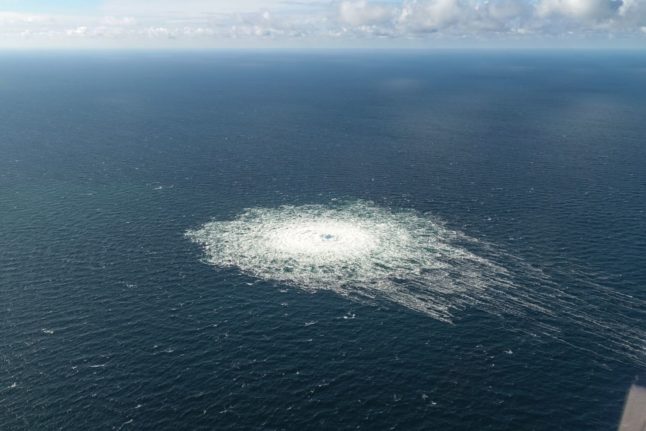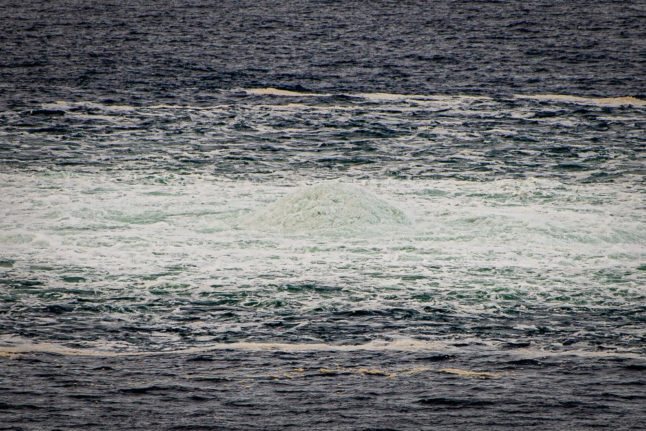The information on the reports was revealed by newspaper Børsen based on an access to information request with the Energy Agency.
Drone sightings accounted for 14 of the 16 reports with the remaining two relating to ships. In the corresponding period in 2021, the agency received zero reports.
The National Police (Rigspolitiet) stated in September and October that it had received reports of drone activity near gas fields in the Baltic Sea.
Cyber security and maritime infrastructure expert Tobias Liebetrau of the University of Copenhagen told Børsen that it is impossible to say whether the apparent spike in sightings represents increased activity or increased alert in the area.
“Nord Stream showed us that, whoever was behind it, someone has the intention of destructively attacking energy infrastructure. With that in mind, it’s important to take it seriously,” he said.
“This is not synonymous with as soon as you see a drone, it has some explosives mounted or is on its way to an oil platform, but it is a threat we should take seriously. Not least because of Denmark’s involvement in the war in Ukraine,” he said.
The reports made to the agency came from a variety of sources including members of the public, authorities and businesses, the expert pointed out. It should also be noted that the drones themselves could belong to either private individuals, businesses or Danish authorities.
Four leaks emerged on the two Nord Stream pipelines in the Baltic Sea off the coast of the Danish island of Bornholm at the end of September, with seismic institutes reporting that they had recorded two underwater explosions prior to the leaks appearing.
While the leaks were in international waters, two of them were in the Danish exclusive economic zone and two in the Swedish one.
Investigations later showed the pipelines were ruptured by underwater explosives, but it remains uncertain who was behind the explosions.
READ ALSO: Six months on, what do we know about the Nord Stream blasts?



 Please whitelist us to continue reading.
Please whitelist us to continue reading.
Member comments